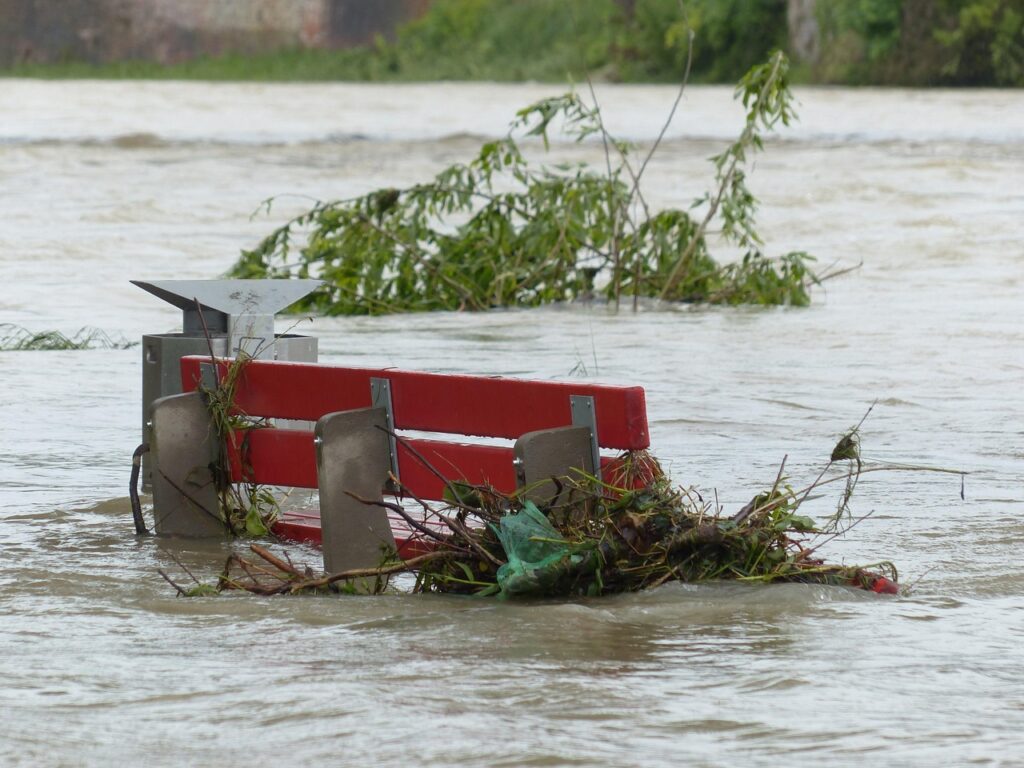Widespread flooding caused by relentless rainfall has dealt a heavy blow to the Chinese economy. As provinces struggle to manage rising water levels, early assessments reveal that the China flood disaster triggers 10 billion dollar economic loss, marking one of the most financially devastating natural disasters in recent memory. With vast areas under water, damage to homes, businesses, and farmlands has paralyzed normal life in multiple cities.

Officials are still gathering data on the full extent of destruction, but the impact on agriculture, industry, and public infrastructure is already staggering.
Table of Contents
How China Flood Disaster Triggers 10 Billion Dollar Economic Loss in Agriculture and Business
The floodwaters have wiped out entire fields of crops in Hunan, Guangxi, and Guizhou. In many farming regions, rice paddies and vegetable farms are now unusable, with soil waterlogged and irrigation systems destroyed. Farmers have lost not just crops but also seeds and tools — essentials they depend on for future harvests. This agricultural collapse is a key reason why the China flood disaster triggers 10 billion dollar economic loss.

In cities, the damage is equally severe. Small businesses have suffered from store flooding, warehouse losses, and power cuts. In industrial zones, factories had to shut down operations, and machines worth millions have been left underwater. Local suppliers are facing shortages, transport delays, and cancelled contracts due to broken supply chains. Roads have crumbled, bridges have fallen, and shipping routes have been blocked — leaving economic activity at a standstill.
The hospitality, transport, and manufacturing sectors are expected to take months to recover. For many workers and shop owners, this flood has meant lost income, rising debt, and a growing sense of uncertainty.
Why China Flood Disaster Triggers 10 Billion Dollar Economic Loss Across Multiple Sectors
It’s not just agriculture and small business bearing the cost — government infrastructure has also been heavily affected. Dams, drainage lines, and roadways will need costly repairs. As the China flood disaster triggers 10 billion dollar economic loss, local administrations are already requesting emergency financial aid from the central government to rebuild and stabilize public services.

Climate experts warn that such recurring floods, worsened by global warming, will continue to impact economies if stronger infrastructure and planning are not prioritized. Older cities, especially those with aging flood defenses, are struggling the most. In some areas, drainage systems failed completely, turning city roads into rivers within hours.
The direct costs of rebuilding homes, schools, hospitals, and roads are massive. But the indirect losses — job disruptions, school closures, and canceled trade deals — may be even greater in the months ahead.
Government Response and Next Steps
In response, Beijing has approved the release of emergency relief funds to help affected provinces. Medical teams have been dispatched to crowded flood shelters to control the risk of disease outbreaks. Meanwhile, banks are being urged to provide low-interest recovery loans to farmers and small business owners who’ve lost everything.
Still, experts believe that China flood disaster triggers 10 billion dollar economic loss is just a glimpse into the future if stronger climate adaptation steps aren’t taken. Urban planning must evolve to include better drainage, green zones, and early-warning systems that can prevent this level of economic fallout in future disasters.
Conclusion
The fact that the China flood disaster triggers 10 billion dollar economic loss is a wake-up call not just for local leaders, but for national economic planners. While lives are being saved and shelters are operating full-time, the economic toll of this disaster is deep and far-reaching. Recovering from this damage will require strong leadership, financial support, and long-term reforms in disaster preparedness.
For now, China faces a difficult road ahead — not just drying out flood-hit cities, but rebuilding its economic backbone from the ground up.
News report source.
Do Follow for daily news.
